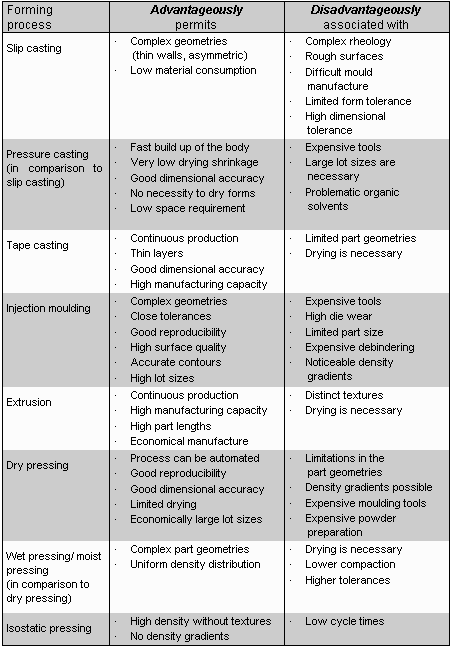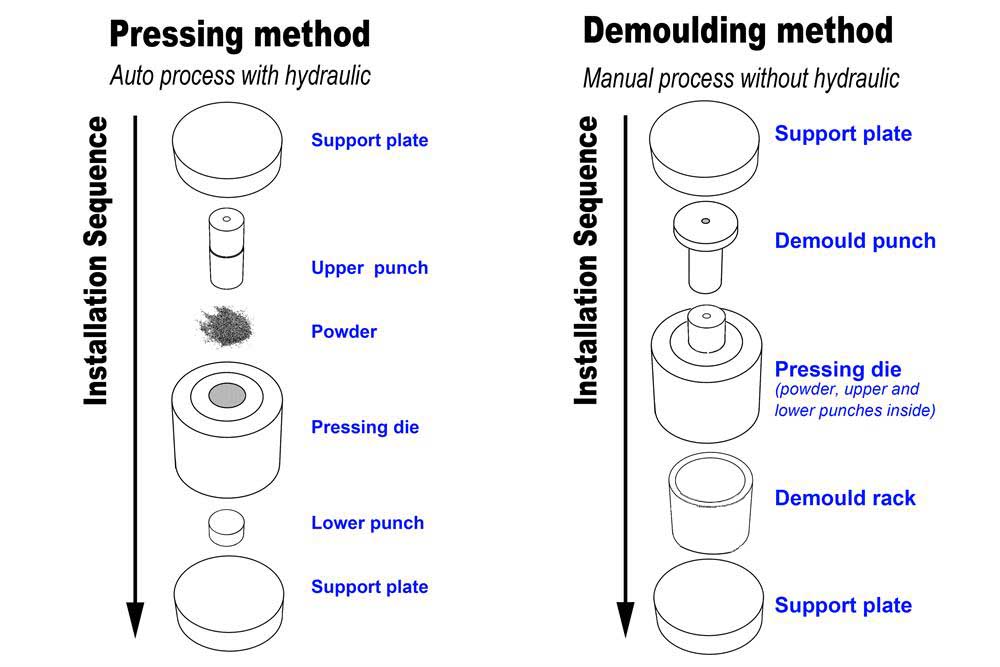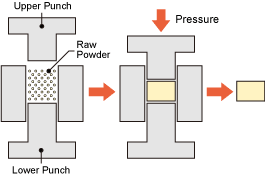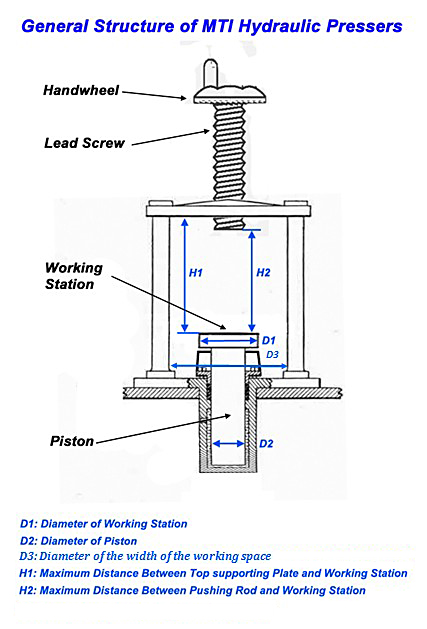The most popular method for achieving these steps in the manufacturing of refractory and electronic technical ceramic components from computer memory cores to structural refractories is dry pressing.
Ceramic dry pressing dimensions.
Tightest tolerances on highly advanced equipment.
The moldless ceramic pressing system for large formats lamgea is the ceramic moldless press for the production of ceramic slabs and large format ceramic tiles.
Ciping has superior shape capability and particle packing uniformity compared to uniaxial die pressing because it involves uniform pressing from all directions in three dimensions.
The ceramtec production lines are highly automated ide al for large production volumes.
A pressing tool for axial dry pressing consists of a pressing die and upper and lower punches.
Gourvès balkema rotterdam pp.
Hot isostatic pressing hip and cold isostatic pressing cip technology has been known for more than 50 years and is considered today to be a standard production route for many applications.
A shape of the blank.
In building decorative materials 2011.
Wall floor tile is made of high quality earthenware clay as main raw materials which is firstly added in other materials to make raw meal and then after semi dry pressing molding fired at a temperature around 1100 c it is classified to glazed and unglazed types.
The ceramic experts dry pressing go for the 3rd dimension grinding and lapping for superior surface finishing.
Because of the flexible mold isostatic pressing is not able to provide green bodies with the accurate dimensions that uniaxial pressing does.
7 3 1 features and application of ceramic wall and floor tiles.
The powder is filled in a shaped and flexible mold sealed and immersed in.
It involves placing dry ceramic powder in a thin walled soft bag or mold generally made of an elastomer such as latex polyurethane silicone neoprene.
With its modern and advanced equipment ceramtec pro.
It is suitable for pressing products with a height of 0 3 60 mm and a diameter of 5 to 500 mm.
Reed and robert b.
Lamgea works with classic standard atomized materials from stoneware to red body monoporous dry ground and so on with a consequent reduction in industrial costs.
Basically all ceramic materials can be used.
There are two types of isostatic pressing commonly used.
Dry pressing does not require further drying which makes the method ideally suited for parts requiring high dimensional stability and large quantities.
Then the granulated powder is placed in a steel mold and pressed on a press.
Dry pressing dry pressing is to add a small amount of binder to the powder and granulate it according to the granulation method mentioned above.
Dry pressing may be defined as the simultaneous uniaxial compaction and shaping of a granular powder with 71 72 james s.
Hip and cip technologies enable ceramic manufacturers to control material properties and increase productivity.








